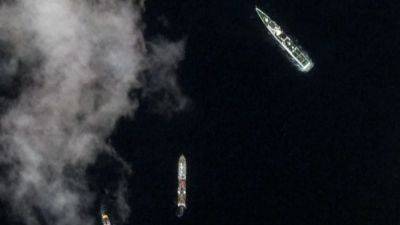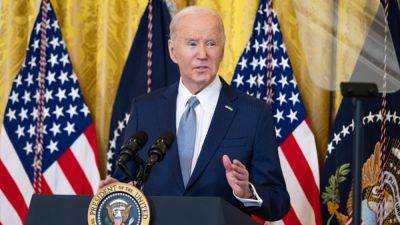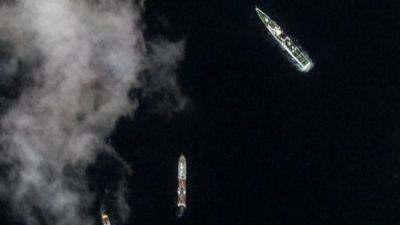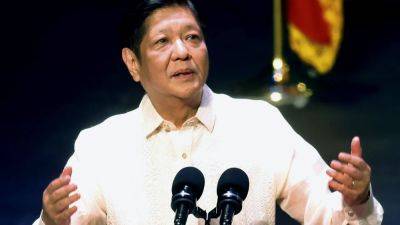Could Duterte’s Mindanao bid spark tensions in Philippines that ‘suit Beijing’s agenda’ in South China Sea?
During a January 30 livestream of his long-running talk show Gikan sa Masa, Para sa Masa (From the Masses, for the Masses), Duterte casually revealed he had assigned his close political associate, Congressman Pantaleon Alvarez, to “regroup” his allies and pursue a secession bid for Mindanao.
The Duterte clan draws their political power from Davao, Mindanao’s largest city.
Security and defence analysts say secession is unrealistic, but warned that concrete moves by Duterte towards that goal could reignite internal “hatreds” on an island with long-running communist and Islamist insurgencies.
Crucially, it could also distract the Philippine military from its pivot to external defence and sap limited resources from the flashpoint South China Sea, where the navy faces regular confrontations with Chinese-flagged vessels in the Philippines’ exclusive economic zone.
As the security situation on Mindanao has improved, the military has been recalling its forces from the island to meet the challenge posed by intrusions into the South China Sea.
“This is the reason why we fought and entered into negotiations with the Muslim secessionist movements. It is a serious concern for any government,” a senior military officer told This Week in Asia, requesting anonymity.
“An argument could be made that China would benefit if there is trouble there [in Mindanao] because the Philippine government would in a way be distracted.”
Duterte was the dark horse in the 2016 polls, but emerged as the winner, powered in part by the southern island’s votes and his zero-tolerance vow towards the country’s drug problems.
That he is floating Mindanao’s secession as human rights abuses during his now notorious drug war come under intense scrutiny is not surprising,







